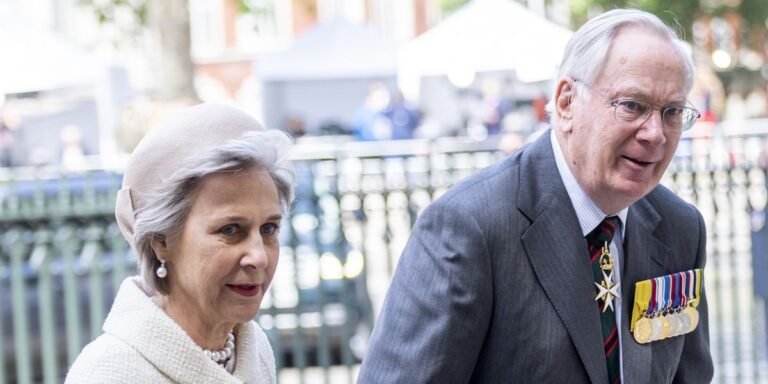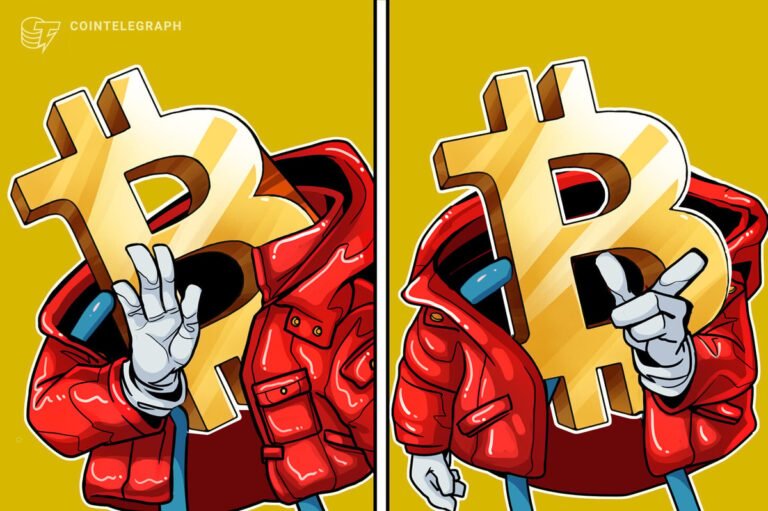
A fragile ceasefire appears to have paused 12 days of war between Israel and Iran, which has killed at least 28 people in Israel and at least 1,054 people in Iran. As the dust settles, observers have scrutinized not only the U.S., whose military took the dramatic decision to bomb three Iranian nuclear sites, but also China, whose calls for peace were relegated to the sidelines. Despite its rhetorical alignment with Iran, the Chinese government maintained a restrained position that revealed its lack of ability or desire to play a more central role in intervening to resolve the region’s armed conflict.
Discussion of the Israel-Iran war was trending on Chinese social media platforms. Many of the top Weibo search topics demonstrated support for Iran and criticism of Israel. Popular commentator Xiang Dongliang shared a WeChat post inviting discussion on the similarities between Israel attacking Iran and Russia attacking Ukraine. Another WeChat post by Song Qingren critiqued the framing of the ceasefire in Chinese media, which in some cases falsely suggested that it was Iran’s retaliatory strike against an American military base in Qatar that pressured the U.S. to make concessions. (Other recent WeChat posts were focused on Iran’s weakness, including one positing that Iran actually has very few cards to play in the war.)
One CCTV reporter was mocked by netizens for becoming emotional while describing an Israeli airstrike on the headquarters of Iran’s state broadcaster that disrupted a live broadcast and killed one employee. The All-China Journalists Association (ACJA) released a statement about that incident: “Regardless of the justification, targeting media institutions with firepower crosses the bottom line of civilization.” In a WeChat post that was later deleted, a former journalist noted the irony of the ACJA leaping to the defense of Iranian state-media journalists while refusing to speak out for Chinese journalists who had been threatened, detained, or impeded from reporting on news in China. Another WeChat user criticized Chinese media and Weibo for ignoring or downplaying news of deadly floods in Hunan and Guangdong while saturating news feeds with content about the Israel-Iran war. The author argued that Chinese media should devote more attention to domestic disasters, but the post was later deleted.
The Chinese foreign ministry stated that it “strongly condemns the U.S. attacks on Iran and bombing of nuclear facilities,” adding, “The actions of the U.S. seriously violate the purposes and principles of the UN Charter and international law.” It also announced that Chinese authorities evacuated 3,125 Chinese citizens from Iran and over 500 from Israel. In response to Iranian threats to close the Strait of Hormuz-–through which flows 20 percent of global oil and gas, and 45 percent of China’s oil imports—the Chinese foreign ministry called for de-escalation, and the ministry of transport ordered all Chinese vessels in the region to submit daily check-ins. The Chinese government is also reportedly considering resuming plans to complete the Power of Siberia 2 gas pipeline with Russia, in order to diversify its energy sources.
Many voices in Western media argued that the lack of Chinese material intervention in favor of Iran demonstrated the limitations of China’s influence in the region. “Beijing lacks both the diplomatic capabilities and the risk appetite to quickly intervene in, and to think it can successfully navigate, this fast-moving and volatile situation,” said RAND’s Jude Blanchette, who added that China opts to remain “a measured, risk-averse actor” that “isn’t inclined to stick its neck out.” The China-Global South Podcast opined that the war had “forced [China] to regroup” and put it “in a much weaker position.” AFP described China as “helpless” amidst a war that had “[cratered its] regional leverage”:
“Beijing has offered Tehran no real help – just rhetoric that paints China as the principled alternative while it stays safely on the sidelines,” Mr Craig Singleton, senior China fellow at the Foundation for Defence of Democracies think tank, told AFP.
China, he said, “sticks to rhetoric – condemnations, UN statements, talk of ‘dialogue’ – because over-promising and under-delivering would spotlight its power-projection limits”.
“The result is a conspicuously thin response that underscores how little real heft China brings to Iran when the shooting starts.”
[…] “China’s position in the Middle East after this conflict” has been badly affected, [said Dr Ahmed Aboudouh, an associate fellow with the Chatham House Middle East and North Africa Programme.]
“Everybody in the Middle East understands that China has little leverage, if any, to play any role in de-escalation.” [Source]
Other analysts highlighted China’s long-term strategic interests that take priority over possible short-term interventions. Jianli Yang emphasized China’s unequivocal preference for stability in the Middle East, which is vital to safeguarding its Belt and Road Initiative investments in Iran, Iraq, Egypt, and the UAE. “During a time when China’s export-driven economy is already facing headwinds from the ongoing China-U.S. trade war and sluggish domestic demand, further economic disruptions are the last thing Beijing wants,” he argued. Summarizing these calculations for Foreign Policy, Jesse Marks wrote that “Beijing cares more about the Gulf states than Tehran’s future”:
Beijing doesn’t want deeper Middle East entanglements because it knows there’s no clean exit. Unlike the United States, which has military assets and alliance infrastructure in the region, China lacks the tools—and the appetite—for direct intervention. Its strategy has been to build influence through infrastructure, trade, and diplomatic balancing. A broader war upends that model. If forced to choose sides or take coercive measures, China risks unraveling its hard-earned neutrality, jeopardizing relations not just with Iran but also with key Arab partners such as Saudi Arabia and the UAE.
Even if Beijing wanted to rein in Tehran, it has limited leverage. Iran values the relationship but is unlikely to take direction from China. There’s no defense pact, no military alliance, and no guaranteed oil-for-compliance bargain. China could threaten to curb its economic cooperation or delay investments, but doing so risks pushing Iran further into isolation or deeper into Russia’s orbit. Right now, China’s strongest card is quiet diplomacy, urging restraint behind closed doors, but publicly staying out of the line of fire. This means a posture of risk management, not risk taking. And it shows just how little control Beijing actually has over Iran when the missiles start flying. The United States remains in the driver’s seat.
Beijing will not come to Tehran’s aid. Xi may urge restraint, call for dialogue, and attempt quiet diplomacy behind the scenes. But China will not risk its broader standing in the Gulf—or its long-term strategic interests—by aligning itself with a partner it cannot control and a conflict it cannot shape. For Beijing, stability is strategic. Right now, Iran is not. [Source]
Some analysts also discussed the potential positive opportunities available to China following the U.S. and Israeli bombing of Iran. “[China] will now have more ability to talk about the U.S. being a disruptive actor, being a potential threat. They have been especially active in pushing this narrative in the global south,” said Ja Ian Chong, a political scientist at the National University of Singapore. Fu Cong, China’s ambassador to the U.N., tried to make this point on Sunday: “Iran is harmed, but also harmed is U.S. credibility.” And while “the United States is going to be stuck fighting unpopular wars, this allows Xi and China to present themselves as the problem solver, the superpower who uses diplomacy and negotiation,” said John Delury, a senior fellow and China expert at the Asia Society. In Al-Monitor’s China-Middle East newsletter on Wednesday, Joyce Karam listed other ways in which the war might provide strategic gains for China:
Many commentators have been quick to frame the war as a loss for China, watching its partner in Tehran absorb significant damage to its military, energy and nuclear infrastructure. But that interpretation overlooks the fundamentally transactional nature of China-Iran ties, the geopolitical advantage Beijing gains from Washington’s renewed entanglement in Middle East turmoil, and — most significantly — President Donald Trump’s Tuesday concession allowing Chinese purchases of Iranian oil to continue.
That’s not to say China emerged as the war’s winner — far from it. But Beijing does have long-term reasons to view the outcome as a strategic gain.
[…] With its vulnerability and military weaknesses now exposed, Iran will become increasingly dependent on China. Whether in reconstruction, oil sales or rebuilding its missile program, China will be an indispensable partner — should Tehran choose to take that risk. [Source]



